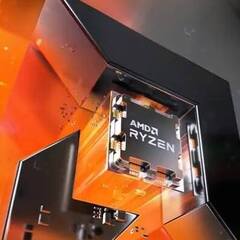Encoding vs Transcoding
-
Topics
-
kasdashd ·
Posted in Folding@home, Boinc, and Coin Mining2 -
0
-
7
-
K2924 ·
Posted in General Discussion1 -
3
-
2
-
hanouzz ·
Posted in Console Gaming3 -
6
-
4
-
5
-
-
play_circle_filled

Latest From Linus Tech Tips:
Every Monitor Fails This Test… Except One - Sun Vision rE rLCD Display
-
play_circle_filled

Latest From ShortCircuit:
The World's Fastest CPU (Technically...) - Intel i9-14900KS

resized.thumb.jpg.2e043446ff9310f725a43781d8f633de.jpg)















Create an account or sign in to comment
You need to be a member in order to leave a comment
Create an account
Sign up for a new account in our community. It's easy!
Register a new accountSign in
Already have an account? Sign in here.
Sign In Now